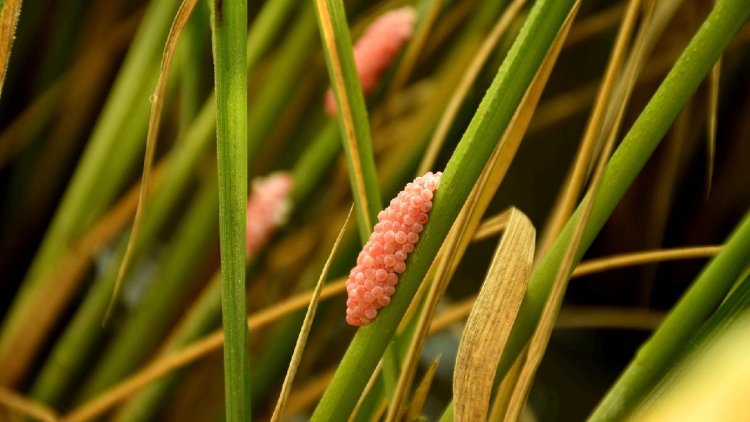Biocontrol could be enhancing the resilience of invasive species
New research from Australia's University of New South Wales highlights that natural enemies used for controlling invasive weeds may actually be fostering cooperation among these invasive plants, allowing them to thrive instead of decline. The...

The study indicates that biological control methods, like introducing insect species that feed on invasive plants, could be inadvertently making weeds more resilient and difficult to manage.
Although biocontrols have traditionally been employed to reduce weed populations, this study, published in Trends in Ecology & Evolution, suggests their effectiveness might be overstated.
"I don't think we've been measuring the success of biocontrol agents correctly," remarked Stephen Bonser, the lead researcher from the UNSW School of Biological, Earth & Environmental Sciences.
Bonser pointed out that success has often been quantified by assessing the damage inflicted on individual plants, while the overall behavior of plant populations remains neglected.
The research proposes that by damaging the competitive traits of individual weeds, herbivores may unintentionally promote cooperation among the plants. Instead of competing against one another, these weakened weeds redirect their energy from competition toward collective growth, enabling them to dominate landscapes more effectively.
"What we think is happening is that the biocontrol agents are turning aggressive invaders into cooperative communities, and when they cooperate, they can cover massive areas, even more than before," said Bonser. His team is now exploring new strategies to counteract this unintended consequence, including reintroducing tall native plants to disrupt weed cohesion and combining biocontrol methods with other interventions.
Jessica Kline for TROIB News
Discover more Science and Technology news updates in TROIB Sci-Tech












